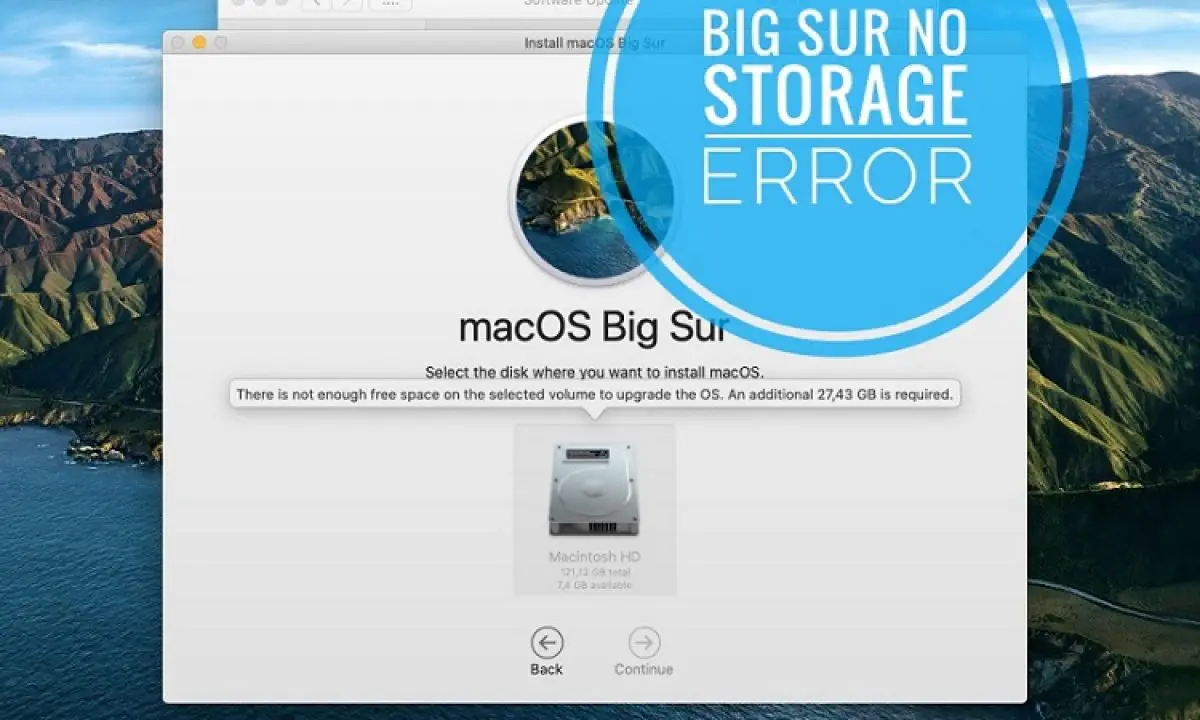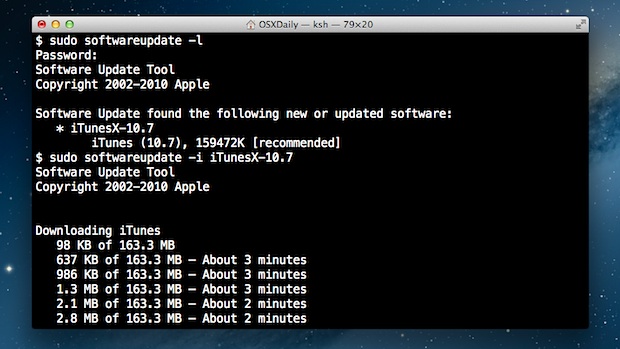- My mac is stuck on OS X Yosemite 10.10.5 and won’t update past that, no updates on app store no nothing, I recently bought an iPhone x and iTunes won’t let me sync my old iphone back up because it needs an update which i cannot get, its frustrating me, I don’t know what to do anymore, I’ve looked everywhere on the internet and can’t find a solution.
- Apple strengthened Mac OS X by implementing stack protection, and sandboxing more Mac OS X components such as the H.264 decoder in QuickTime and browser plug-ins as a separate process in Safari. Secure virtual memory was an option in earlier releases on Snow Leopard, but the checkbox to disable it was removed later.

Mountain Lion installer is not available on Apple Site. Follow instructions here to install OS X Mountain Lion. List of older Mac OS Versions. Following Mac OS versions are still running on older Macs, but Apple does not support them anymore, and there is no point to upgrade (or downgrade) to them: OS X 10.7 Lion; OS X 10.6 Snow Leopard.
What Version of Java Are You Using?
On a computer with multiple web browsers, be sure to check the Java version in every browser. I say this because multiple copies of Java can sometimes be installed with different browsers using different copies. Also, Java can be enabled in one browser and disabled in another.
Note: The portion of Java that runs programs is referred to as either the Java Run-time Environment (JRE) or the Java Virtual Machine (JVM).
Method 1: Ask Java
This is my favorite - straight from the horse's mouth (so to speak). The Java Run-time Environment is aware of its version and the company that authored it. So I wrote a very simple applet (the source code is on the About page) that gets this information from the JRE and displays it in a pink rectangle.
| The version and vendor from the JRE |
If Java is working, you will see a pink rectangle above with one line of text that says something like: Java Version 1.8.0_25 from Oracle Corporation or |
| Version number translation: 1.6.0_34 is, in English, Java 6 Update 34 The initial '1' is ignored as is the third digit. Ask Oracle why. |

| RUNNING THIS APPLET: Java security has changed quite a lot over the years and running this applet has gotten much more complicated. In part this is because the applet is unsigned. In the Bizarro world of Oracle, unsigned applets are treated as more dangerous than signed applets. This is backwards for two reasons. First, unsigned applets run in a restricted Java sandbox whereas signed applets are given unrestricted access to the system. Yes, the sandbox has been buggy and broken, but some security is better than none. Second, it shows a faith in the Certificate Authority system that is unwarranted. February 2017: This applet will not run at all, immediately after installing Java 8 Update 121 on Windows 7. The first thing that needs to be done is to add this website as an allowed exception in the Java Control Panel, on the Security tab. Details are below. After doing so, IE11 will run the app, but only if ActiveX filtering is disabled. IE11 produces a single popup window that asks for permission to run the app. Chrome 56 won't do Java at all, it doesn't even bother with error messages. This started with Chrome 45. Likewise, Firefox 51 does not run Java. It incorrectly reports that Java is disabled. This Firefox behavior changed at the end of 2016. Version 47 of Firefox will run this applet. You first have to respond to three different popup windows asking for permission and warning of the end of the earth, but it will run. Oracle suggests that Java developers move from applets to Java Web Start. |
| OLDER SECURITY RESTRICTIONS ON JAVA IN BROWSER October 2014: Java 7 Update 71 and Java 8 Update 25: The applet above can be run with Java set to the default 'high' security level. There will be assorted 'as you sure' type prompts both from Java and your web browser, but it will run. However, this site, javatester.org, needs to first be added to the 'Exception Site List' using the Java Control Panel. When adding sites to the list, you have to prefix them with HTTP colon slash slash. Java will object to HTTP but it will accept it. There is no HTTPS version of this site. Also, if you add 'javatester.org' to the list, you must then go to 'javatester.org' as 'www.javatester.org' will fail. Because it is unsigned, this applet will not run with Java set to the 'very high' security level. January 2014: Java 7 Update 51 changed the default security rules for unsigned Java applets such as the one on this page. By default, Java no longer runs any unsigned applets. In the Java control panel, the default security level with Update 51 is 'High' which Oracle describes as 'Java applications identified by a certificate from a trusted authority will be allowed to run'. What this does not say is that unsigned applets will not run, at least not by default. If you get an error on this page that says 'Application blocked by security settings' this is probably why. One way to run an unsigned applet is to lower the security level to 'Medium'. The other way is to add trusted websites to a new exception list that Oracle/Java maintains. This list is not to be confused with the list of trusted applets that Firefox or Chrome maintains. Yes, there are now three lists of applets that are naughty and nice. Java 7 Update 10 introduced a new checkbox that disables the use of Java in all browsers. By and large, this is a good thing, but there seems to be a failure to communicate between Java and many web browsers. As a result, all the browsers I have tried so far incorrectly report that Java is not installed when, in fact, it may be installed but this new security feature has been enabled. As of Java 7 Update 71 and Java 8 Update 25 this is still true on Windows machines. Interestingly, if Java is disabled system-wide for use in web browsers (its on the Security) tab, both Chrome and Firefox will not even show the Java plug-in as being installed. On the flip side, Firefox 33 on Windows 7 reports that 'Browser has Java disabled' when Java is not installed. |
| JAVA VERSION HISTORY (Wikipedia has this too) |
| JAVA 8 Release History Java 8 became the default on Windows on Oct 14, 2014. See the Java 8 FAQ Java 8 is not officially supported on Windows XP but should work. Oracle has a release history for Java 7 and 8 and Release notes for Java 8 |
I used to keep a release history here, but since Wikipedia has a release history for Java 8, there is no need for me to continue doing my own, so I stopped maintaining it near the end of 2017. |
Mac Os Update Not Available Mac
Java on Mac Computers
Java on OS X is Bundling Crapware, Heres How to Make it Stop from How-To Geek March 17, 2015.
Mac Software Update Not Working
At times Java on OS X was complicated as Java 6 came from Apple and Java 7 came from Oracle.
For many years this page had eight other methods of determining the installed version of Java.
But the page got really big, so they are no longer shown by default. But, they are still available:
